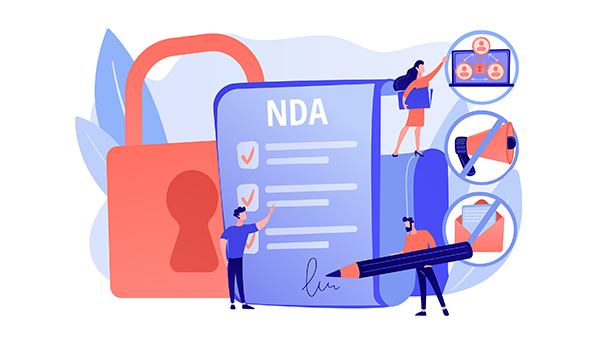Ellsberg is considered one of the first whistleblowers and his case was as spectacular as his revelations were shocking. He was charged with espionage and faced up to 115 years in prison before being acquitted in 1973.
Whistleblowers, negative labels and mockery
Decades later, American whistleblowers such as Edward Snowden and Chelsea Manning would draw the ire of the US government in a similar manner to Ellsberg and divide public opinion as a result of their revelations. While some view them as traitors, others value their disclosures as a service to society.
Time and again, however, whistleblowers are stigmatised – even by some of the most prominent voices in society. Back in 2021, Elon Musk joked about whistleblowers while promoting some merchandise, urging his tens of millions of Twitter followers to “blow the whistle on Tesla”. His tweet and link to the Tesla-branded whistle came amid lawsuits over alleged sexual harassment and racial abuse at the carmaker’s Fremont factory in California.
Whistleblowers have a strong moral compass
Rather than profiting from their activities, whistleblowers actually expose themselves to risks such as not being taken seriously, rejection, disadvantage and punishment.
Employees who observe incorrect or criminal behaviour within a company usually turn to their direct supervisors to try and arrange a hearing in their own corporate environment so that attention can be drawn to the grievance(s). Only when their own organisation fails to believe them or places them under pressure do whistleblowers usually turn to the general public or media. This is because their moral compass is so strong that they cannot close their eyes to injustice.
When a whistleblower takes action, working relationships are put at risk and, in certain circumstances, speaking out can cost that person their career. In other words, they are prepared, if doubts arise, to accept personal disadvantages in order to stand up against misconduct, improper business practices, corruption or other forms of injustice.
Politicians have finally understood that this type of commitment does not only deserve respect, it is also worth protecting. This can be seen in the European Union where the EU Whistleblowing Directive has established new protective standards for whistleblowers.
Abuse of power by whistleblowers is unlikely
Even though companies across much of Europe are now required to implement reporting channels due to the new legal standards, many companies still fear that these outlets will be abused by vengeful employees. The myth persists that employees will misuse reporting channels – especially anonymous ones – to take revenge on their employer or dent their reputation. However, the laws that have come into force across Europe stipulate that people are liable for damages if they have been found to have submitted false or grossly negligent reports.
In fact, practice also shows that the fear of deliberate false reporting is largely unfounded. Effective internal reporting systems ensure that whistleblowers can initially raise their concerns within the organisation while companies have a chance to respond at an early stage. If an organisation neglects investigating a report of wrongdoing or makes an employee fear disadvantages for speaking out, the risk of that individual turning to external reporting entities or the media increases.
Statistics show whistleblowers are an asset
According to recent research, the number of instances where whistleblowers actually filed reports to intentionally harm their organisation is in the single digits. For example, the BKMS® Benchmarking Report 2021 found that 78% of respondents reported that the proportion of improper reports constituted less than 2% of the total. 43% reported a figure of less than 1%.
Whistleblowers actually help their companies in the long run. By exposing wrongdoing at an early stage and giving organisations the opportunity to respond promptly, they can save companies from damage, possible prosecution and hefty fines. The Whistleblowing Report 2021, for example, found that in 2023, approximately one third of companies surveyed were able to uncover more than 80% of the total financial damage caused by wrongdoing thanks to an internally established whistleblowing system.
Guide to the Introduction of Whistleblowing Systems
How to successfully implement a whistleblowing system in your organisation.









